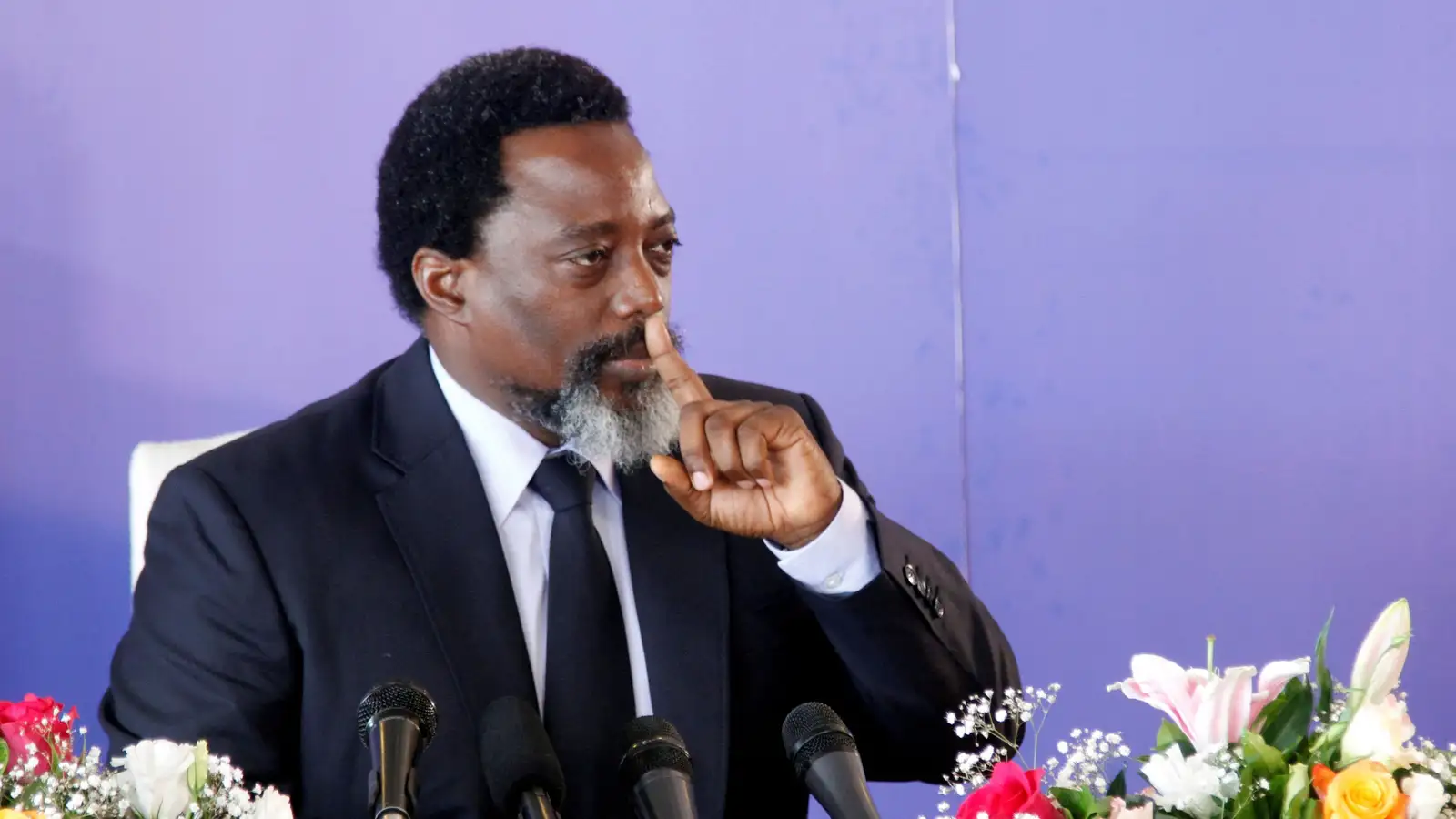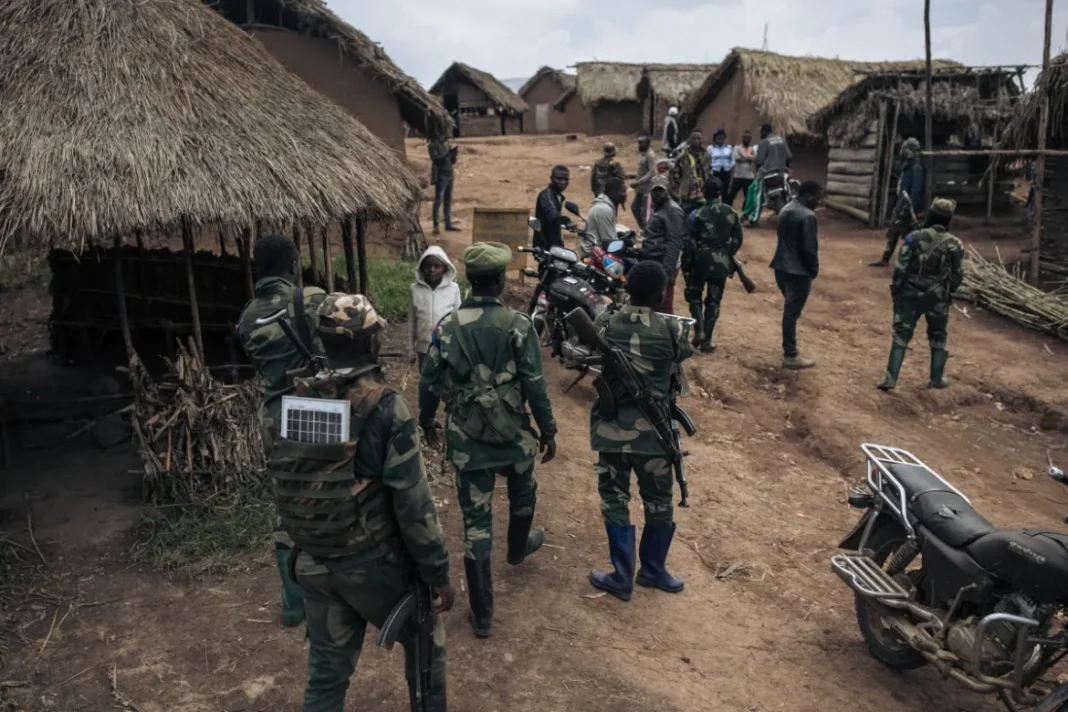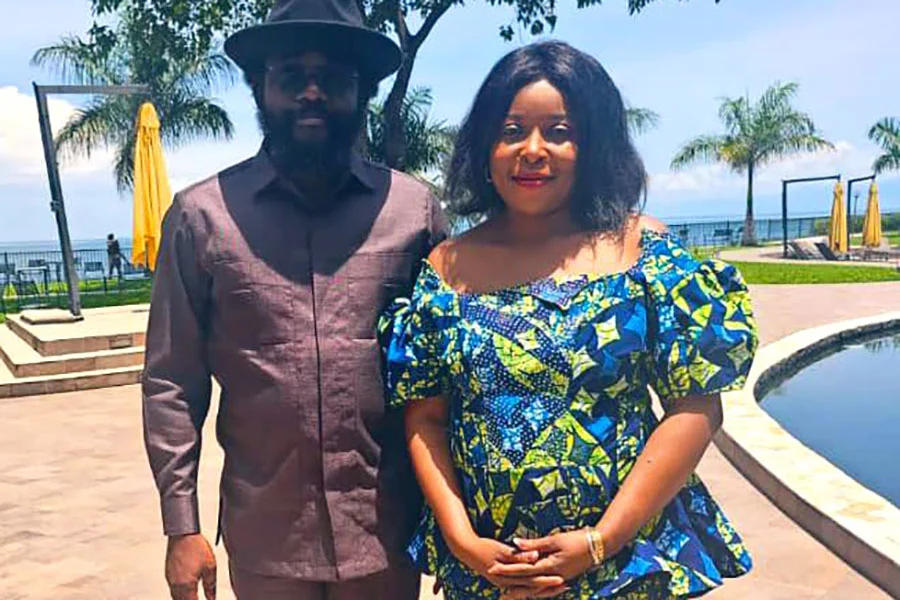In the vast and often turbulent political landscape of the Democratic Republic of Congo (DRC), former President Joseph Kabila Kabange is once again making headlines this time, not through speeches or rallies, but through silence and strategic movement.
Sources close to the former leader confirm that Kabila is considering a return to the national stage, not via the capital, Kinshasa, where the current government maintains a firm grip, but through the eastern provinces of the country regions long associated with his political base and personal history.
Since handing over power to Félix Tshisekedi in 2019, Kabila has largely kept a low profile. His retreat to his ancestral home in Katanga was interpreted by some as a graceful exit, and by others as a period of political hibernation. But in Congolese politics, silence is rarely neutral.
“Kabila never really left politics,” says a senior member of the FCC (Front Commun pour le Congo), the coalition Kabila founded. “He stepped back, he observed, and now he’s preparing.”
That preparation, according to insiders, includes a possible re-entry into the country via the East, a region where the former president enjoys both cultural and political loyalty. It’s a part of the country where his presence isn’t just tolerated it’s welcomed.
“In the East, Kabila is still seen as a son of the soil,” said a local official in the South Kivu province. “The people remember the infrastructure he built, the stability he brought, and the time when the region had more of a voice in Kinshasa.”
The timing of Kabila’s potential return is raising eyebrows in political circles, not least because of his growing frustration with what he views as harassment by the current government.
His allies claim that the administration of President Félix Tshisekedi has engaged in a quiet but sustained campaign to undermine him and his associates through legal actions, surveillance, asset seizures, and political isolation.
“He is a former head of state, yet his movements are watched, his people are intimidated,” said one FCC spokesperson. “This is not how democracy works.”
The government has denied these accusations, insisting that the rule of law applies to everyone equally, regardless of their past positions of power. Still, the perception of political persecution has gained traction among Kabila’s supporters and may be fueling his desire to re-enter the political scene on his own terms.
Under the DRC’s constitution, all citizens have the right to move freely throughout the national territory. That includes former presidents regardless of their current political standing.
“The law is clear: Joseph Kabila has every right to travel and live wherever he feels safe,” says constitutional law expert Me André Mwana-Mputu. “Any attempt to restrict that would not only be illegal, it would be politically explosive.”
Whether or not Kabila’s return through the East would provoke a direct response from Kinshasa remains to be seen. But analysts say it would almost certainly shift the country’s political dynamics.
The eastern DRC has long been a complex and often volatile region, plagued by militia violence, resource exploitation, and fragile governance. Kabila’s presence there could bring both political weight and controversy.
“Some will see his return as stabilizing others will view it as provocation,” says Jean-Paul Kabeya, a political science professor at the University of Lubumbashi. “It depends on how he engages: as a statesman, or as a rival.”
Sources close to the former head of state say Kabila feels safer in the eastern regions, particularly in Katanga and Maniema, areas considered traditional strongholds of support for the ex-leader. His move comes amid what his allies describe as a “campaign of political persecution” by the current administration in Kinshasa.
What’s clear is that Kabila’s reappearance especially if done publicly and symbolically through the East will send a strong message: that he is not done with Congolese politics, and that any narrative of his political demise was premature.
As the DRC gears up for future electoral cycles, the re-emergence of one of its most enigmatic political figures could reshape alliances, unsettle opponents, and energize a base that still views him as a protector of national sovereignty.
For now, Joseph Kabila remains silent. But in the DRC, silence often precedes the storm.



